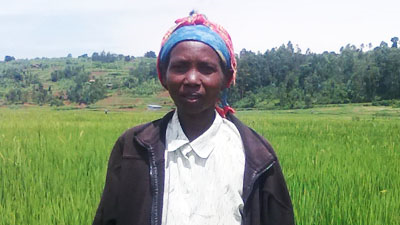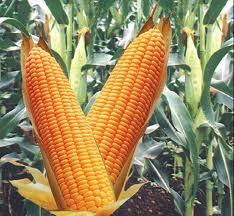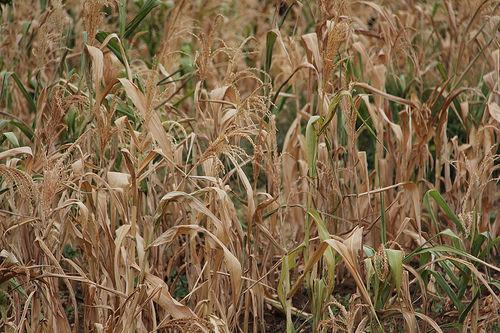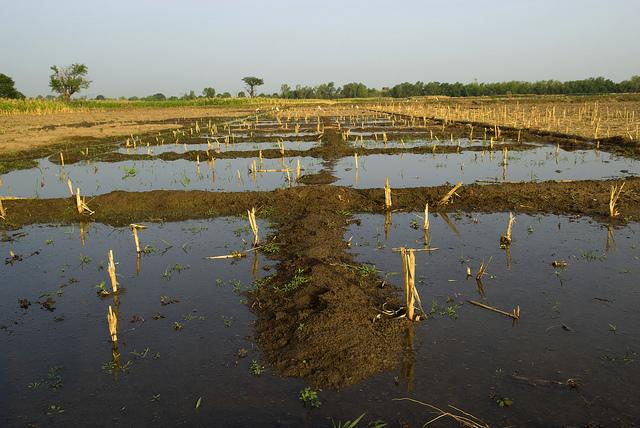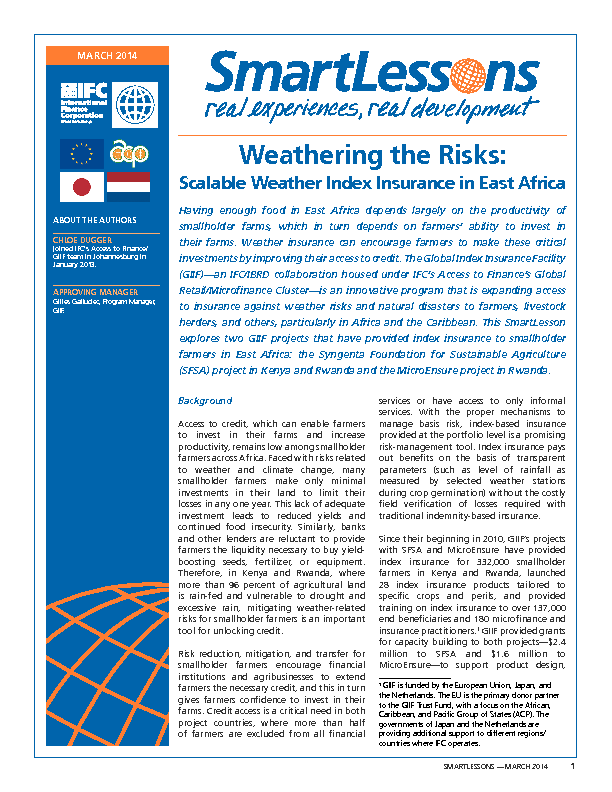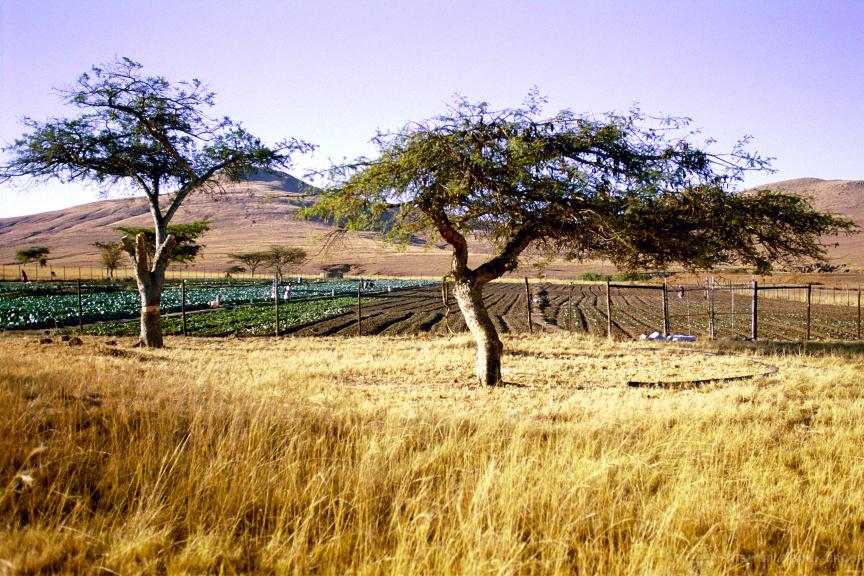
Published on:
Topics:
One of the world’s largest reinsurance firms, Swiss Re, recently announced that two million African smallholder farmers are now protected against drought, floods and other natural perils, thanks to the efforts of the World Bank and Swiss Re Corporate Solutions.Back in 2012, Michel Lies, Swiss Re’s Chief Executive Officer (CEO) made a commitment that by 2017 it would protect 1.4 million African smallholder farmers from weather and catastrophe risks, through increased insurance protection. And now the Switzerland-based reinsurer has revealed that not only has the amount of farmers covered

